
Wall Mounting EV Charge Station
Understanding the Benefits of Installing a Type 1 Ev Charger at Home for Eco Friendly Driving
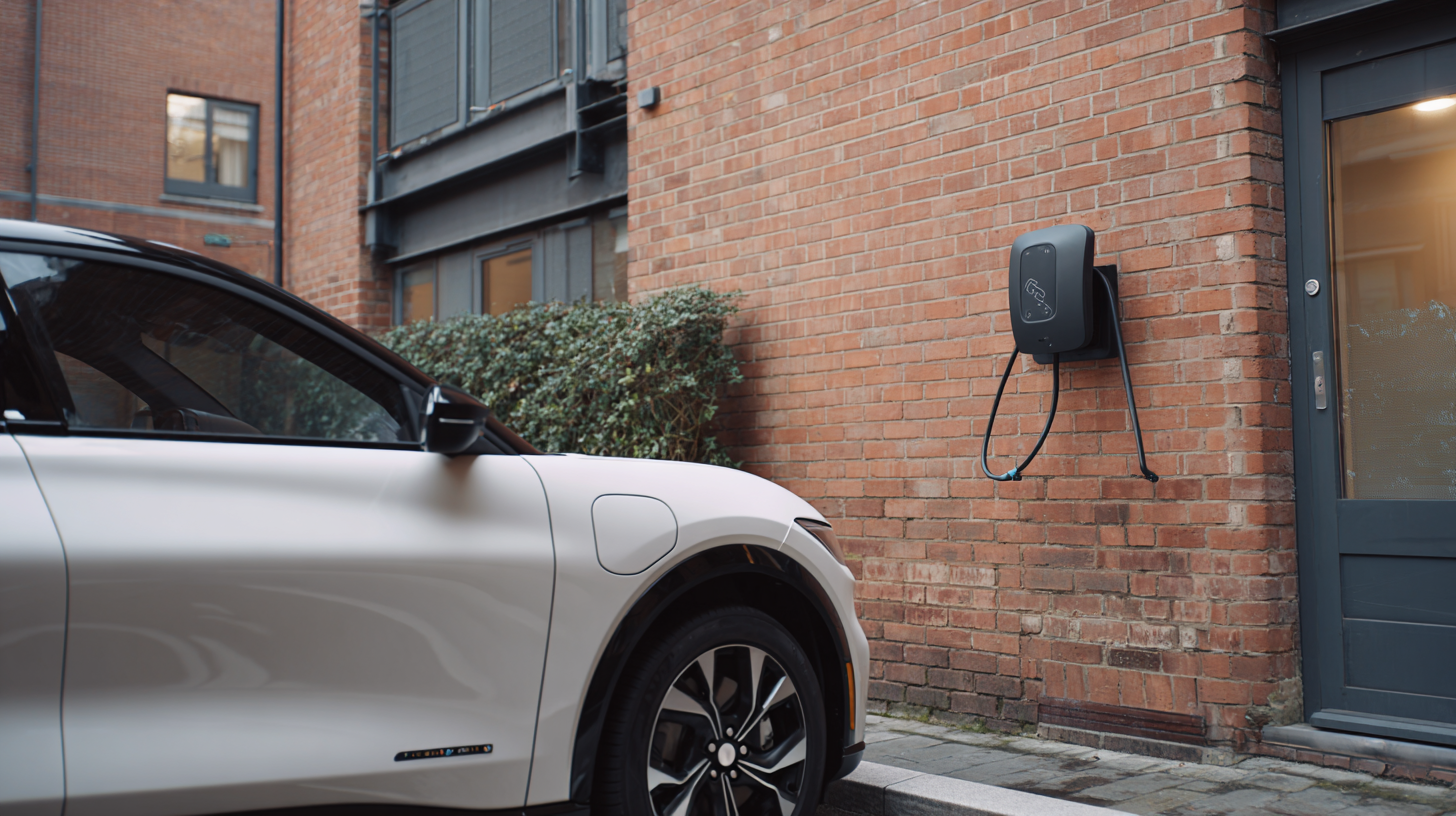 In today's eco-conscious world, the transition to electric vehicles (EVs) has become a pivotal aspect of sustainable living. Among the various charging options available, the Type 1 EV Charger stands out as a reliable choice for homeowners looking to reduce their carbon footprint while enjoying the convenience of home charging. According to Dr. Emily Tran, an industry expert in electric vehicle technology, "Installing a Type 1 EV Charger not only enhances the practicality of owning an electric vehicle but also significantly contributes to environmental conservation."
In today's eco-conscious world, the transition to electric vehicles (EVs) has become a pivotal aspect of sustainable living. Among the various charging options available, the Type 1 EV Charger stands out as a reliable choice for homeowners looking to reduce their carbon footprint while enjoying the convenience of home charging. According to Dr. Emily Tran, an industry expert in electric vehicle technology, "Installing a Type 1 EV Charger not only enhances the practicality of owning an electric vehicle but also significantly contributes to environmental conservation."
The Type 1 EV Charger is designed specifically for use with electric vehicles that utilize the SAE J1772 connector, commonly found in many EV models. By choosing this charger, homeowners can effortlessly integrate eco-friendly driving into their daily routines. Many users report that having a Type 1 EV Charger at home provides them with peace of mind, knowing they have a sustainable and efficient energy source at their fingertips.
Moreover, the benefits extend beyond mere convenience; investing in a Type 1 EV Charger can lead to long-term savings on fuel costs and provide access to renewable energy sources. With the increasing adoption of electric vehicles, now is the perfect time to consider making the switch to an eco-friendly charging solution that aligns with both personal and environmental goals.
The Importance of Type 1 EV Chargers for Home Use
Type 1 EV chargers play a critical role in promoting sustainable driving practices at home. As electric vehicle adoption continues to rise, these chargers provide a convenient solution for homeowners looking to reduce their carbon footprint. Unlike higher-level chargers that may require significant electrical infrastructure, Type 1 chargers are typically easier to install and can efficiently charge most electric vehicles, making them accessible for a wide range of users.
The market for EV charging solutions is expanding rapidly, with services focusing on operational maintenance becoming increasingly essential. Preventive maintenance for Type 1 chargers ensures they operate efficiently, minimizing downtime and enhancing user experience. Additionally, corrective and emergency maintenance services help address issues swiftly, fostering reliability in home charging setups. As consumers prioritize eco-friendly options, the importance of Type 1 EV chargers is underscored, underpinning a shift toward greener transportation solutions.
Key Features of Type 1 EV Chargers: Why They Matter
Type 1 EV chargers are essential for anyone looking to optimize their home charging setup while contributing to eco-friendly driving. One key feature of Type 1 chargers is their compatibility with most electric vehicles, particularly those produced in North America and Asia. This wide compatibility ensures that you can efficiently charge different models without needing multiple charging stations, which simplifies the home infrastructure. Additionally, Type 1 chargers typically offer a maximum output of 7.4 kW, allowing for faster charging times compared to standard outlets.
When considering the installation of a Type 1 EV charger at home, it’s crucial to assess your electrical system's capacity. Ensure your home wiring can handle the charger's power requirements to avoid electrical issues. Another tip is to consult with a qualified electrician to discuss the best location for installation; ideally, it should be near your parking space for convenience and safety. Finally, don't forget to check for local incentives or rebates for EV charger installations, which can significantly reduce your upfront costs while promoting sustainable living.
| Feature | Description | Benefit |
|---|---|---|
| Fast Charging | Provides a quicker charge compared to traditional outlets. | Reduces downtime and increases convenience. |
| Cost-Effective | Utilizes home electricity rates, which are usually lower than public charging stations. | Saves money on charging costs over time. |
| User-Friendly | Easy to use with plug-and-play functionality. | Enhances the user experience for electric vehicle owners. |
| Eco-Friendly | Supports renewable energy sources when coupled with solar panels. | Reduces carbon footprint and promotes sustainability. |
| Smart Technology | Can connect to Wi-Fi for remote monitoring and control. | Provides data insights and scheduling options for charging. |
Environmental Benefits of Electric Vehicles and Home Charging
The environmental benefits of electric vehicles (EVs) are increasingly significant as the world aims to reduce carbon emissions. According to the International Energy Agency (IEA), transitioning to electric mobility could reduce global CO2 emissions by up to 1.5 gigatons by 2030. Home charging solutions, particularly Type 1 EV chargers, enhance this transition by facilitating the use of renewable energy sources. For instance, homeowners can harness solar power during the day to charge their vehicles, further decreasing reliance on fossil fuel-based electricity.
Moreover, the establishment of a home charging station contributes to a reduction in the ecological footprint of personal transportation. The U.S. Department of Energy notes that EVs produce zero tailpipe emissions, which is critical in urban environments where air quality is a concern. By installing a Type 1 charger, motorists can ensure their vehicle is powered by cleaner energy, significantly mitigating air pollutants. Consequently, as the adoption of EVs increases, the cumulative effect of home charging stations could play a pivotal role in fostering a cleaner, more sustainable future.
Cost Savings Through Installing a Type 1 EV Charger
Installing a Type 1 EV charger at home not only fosters eco-friendly driving but also leads to substantial cost savings. According to the U.S. Department of Energy, electric vehicles (EVs) can save owners around $4,600 in fuel costs over the life of the vehicle compared to gasoline-powered cars. With the increasing number of renewable energy sources, charging your EV during off-peak hours can further enhance savings. A typical home charger installation may cost between $300 to $1,500, but with potential state and federal incentives, the upfront cost can be significantly reduced.
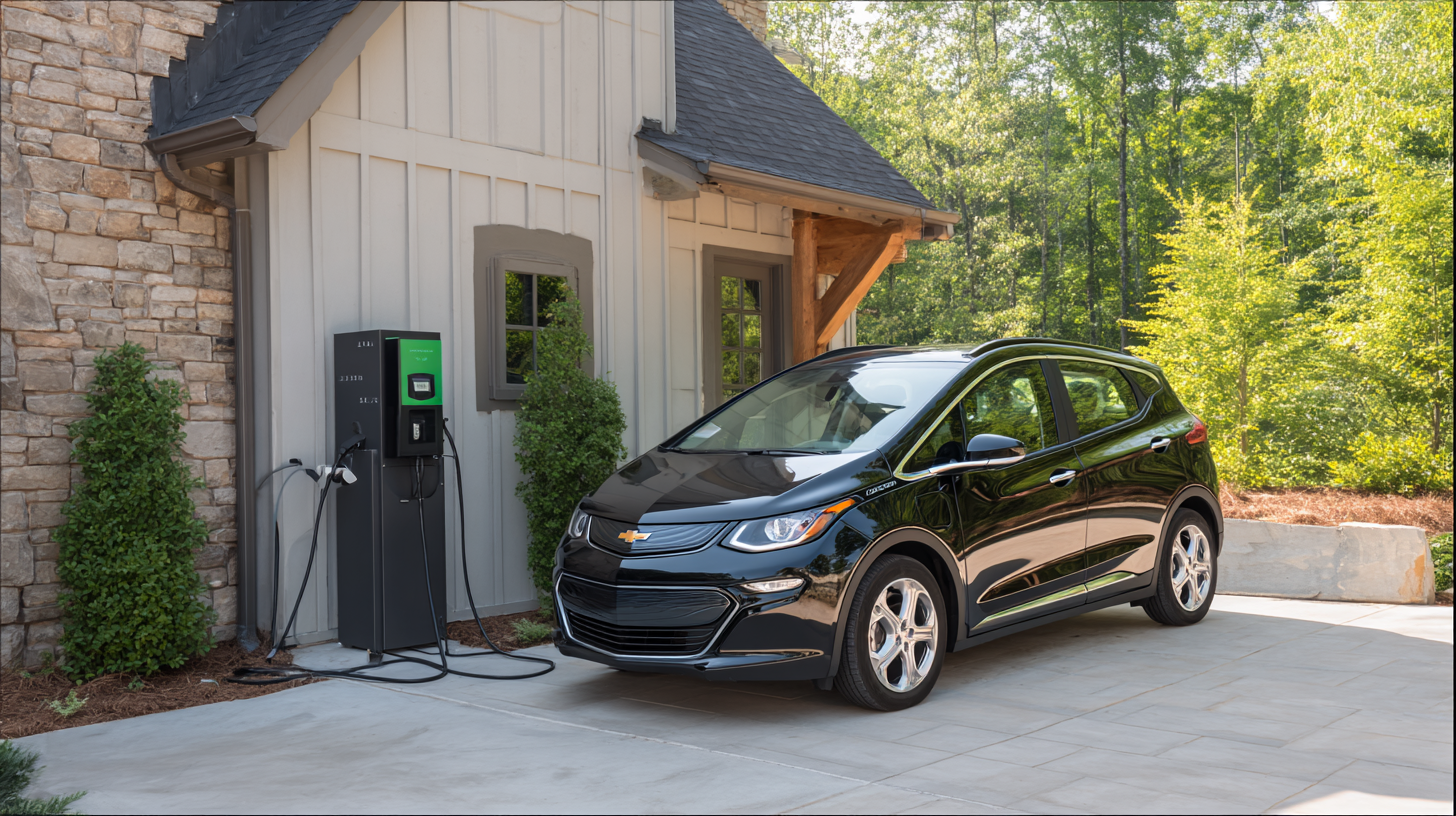
Tip: To maximize savings, consider installing solar panels alongside your EV charger. This combination allows you to charge your vehicle using renewable energy, ultimately lowering your electricity costs. Additionally, using a timer to charge during off-peak hours can lead to further reduced rates on your energy bill.
Moreover, having a Type 1 EV charger at home can increase your property value. A study by the National Association of Realtors shows that homes equipped with EV charging stations can sell for an average of 4% more than properties without them. The integration of EV chargers is becoming a sought-after feature for environmentally conscious homebuyers, making it a wise investment for the future.
Tip: When selecting a charger, ensure it is compatible with your vehicle and installed by a certified professional to guarantee safety and efficiency.
Installation Considerations for Type 1 EV Chargers at Home
When considering the installation of a Type 1 EV charger at home, there are several important factors to take into account. Firstly, the electrical capacity of your home’s wiring must be evaluated. According to a report by the International Energy Agency, more than 90% of new electric vehicles (EVs) sold in 2021 were compatible with Type 1 charging, making it a common choice for many homeowners. Upgrading your electrical panel may be necessary to ensure it can handle the additional load, particularly if you plan to charge multiple vehicles.
Another critical consideration is the location of the charger. Proximity to your parking area is key for convenience. A study from the Electric Vehicle Infrastructure Projection shows that chargers installed within reach of residential parking spots can increase your charging frequency by up to 50%. Additionally, consider weatherproofing options to protect the charger from the elements if it’s installed outdoors.
**Tips:**
1. Before installation, consult with a licensed electrician to assess your home’s electrical infrastructure and discuss potential upgrades.
2. Investigate local incentives or rebates for installing EV chargers; many areas offer financial assistance which can significantly reduce upfront costs.
3. Plan charging times to take advantage of lower electricity rates during off-peak hours, effectively reducing your overall energy costs while contributing to eco-friendly driving.
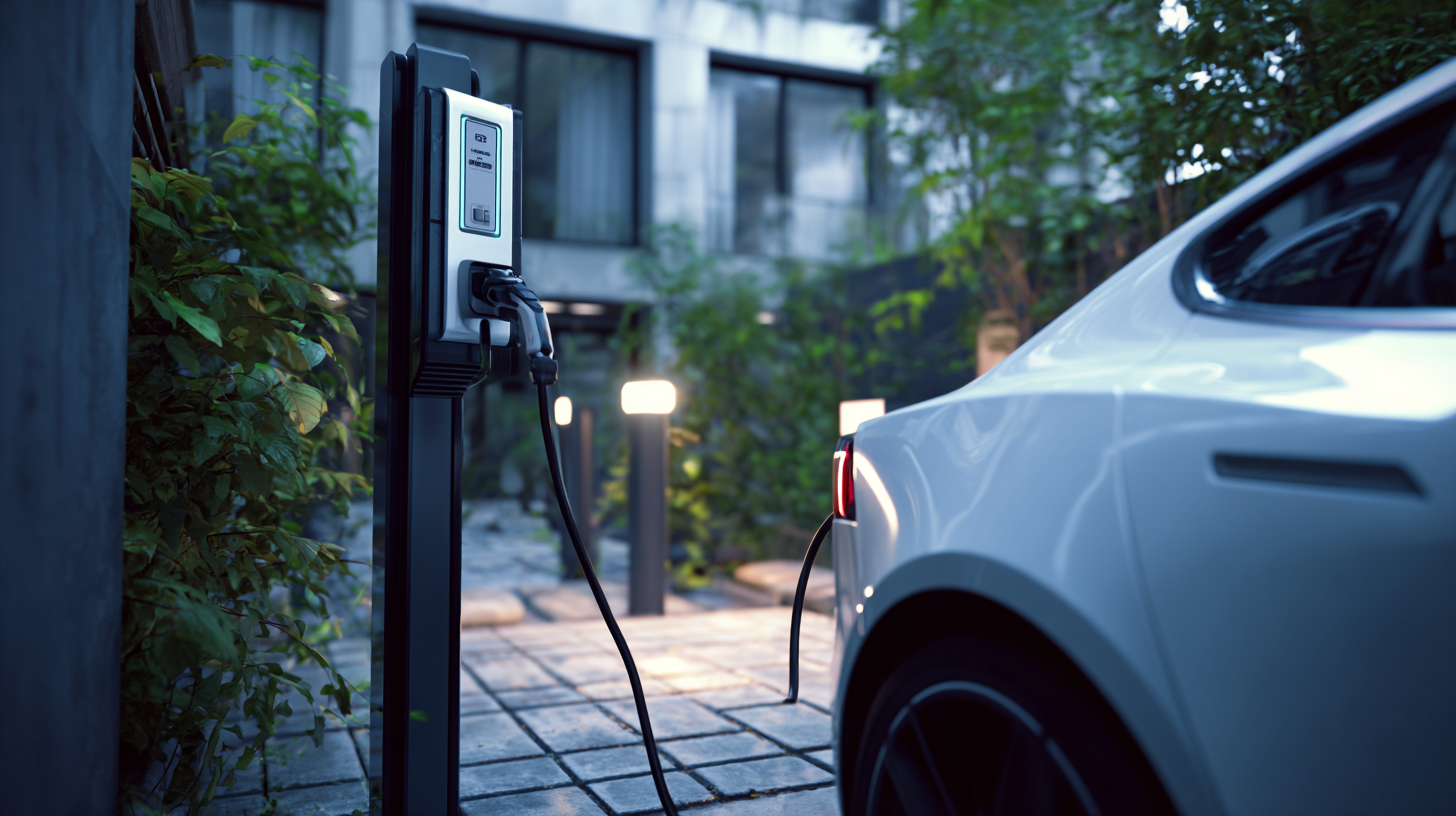
Related Posts
-
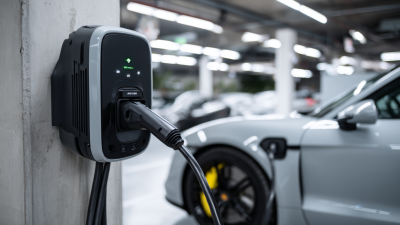
5 Essential Tips for Choosing the Best Type 1 Ev Charger
-

Understanding the Benefits of Type 1 Ev Charger for Sustainable Electric Mobility
-

Embracing Innovation: The Future of EV Charger Stations for Sustainable Transportation
-

5 Reasons Why the Ac V2L Cable is the Best Choice for Electric Vehicle Charging in 2023
-
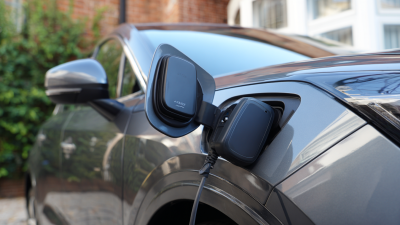
Exploring the Benefits of Ac V2l Adaptor for Electric Vehicle Charging Efficiency
-
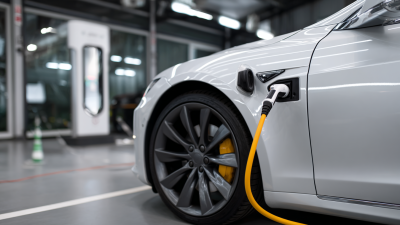
How to Choose the Right AC EV Charging Cable for Your Electric Fleet: A Comprehensive Guide

